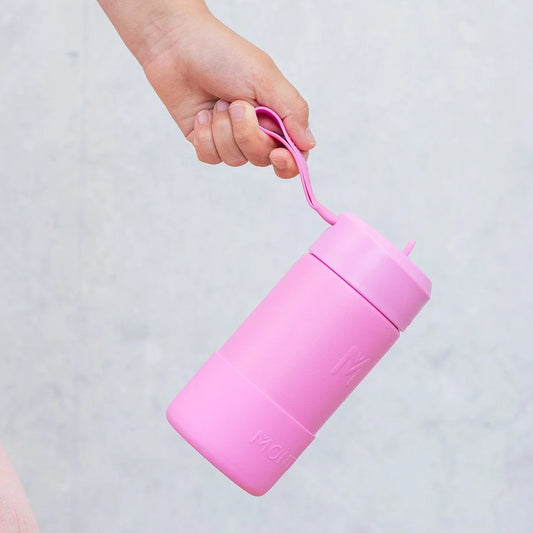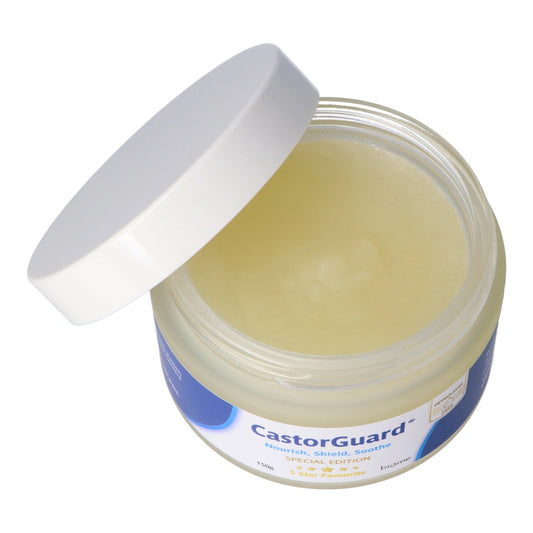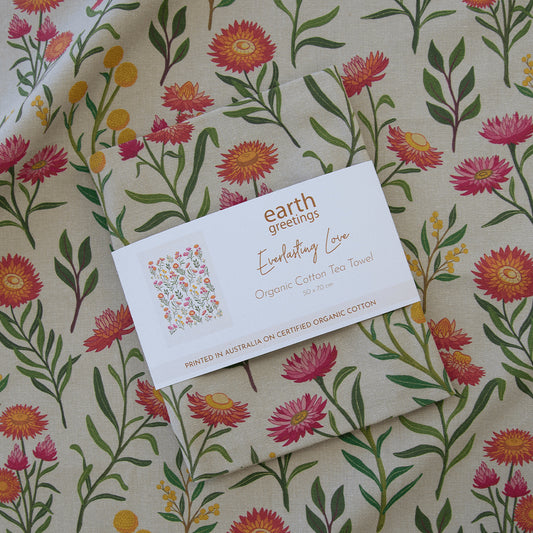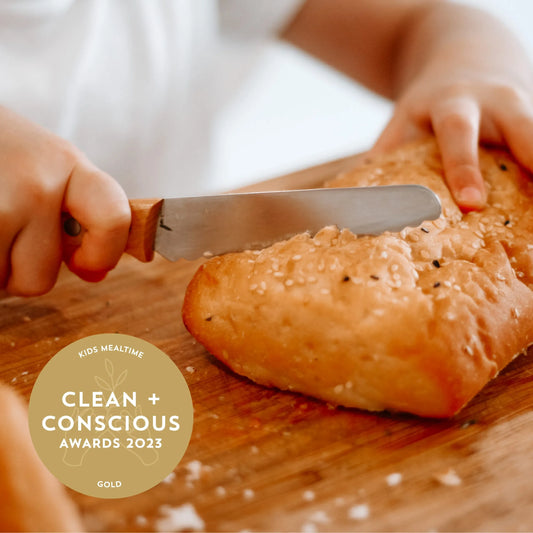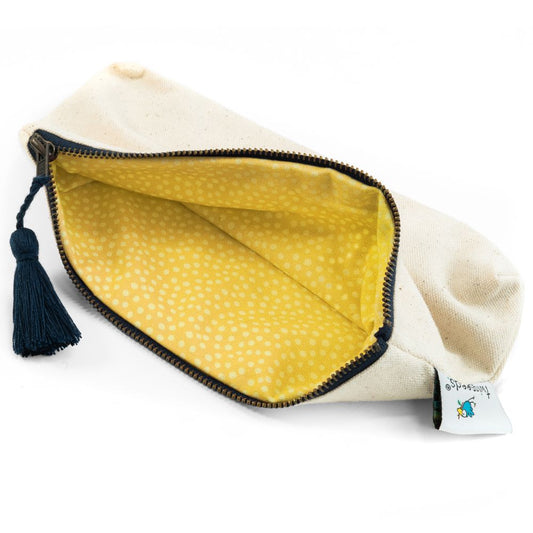 There are some really simple but powerful actions you can take today that will make a big difference to saving our planet from the catastrophic effects of palm oil production. Read on as we delve into the problem with palm oil, why we believe most 'sustainable palm oil' is greenwash, and what you can do about it by choosing to #PalmOffPalmOil! There's a smoke-screen argument being propagated by palm interests that palm oil is high yielding and thus uses less land than other oil crops. That may be the case 'on paper', but the reality is:
There are some really simple but powerful actions you can take today that will make a big difference to saving our planet from the catastrophic effects of palm oil production. Read on as we delve into the problem with palm oil, why we believe most 'sustainable palm oil' is greenwash, and what you can do about it by choosing to #PalmOffPalmOil! There's a smoke-screen argument being propagated by palm interests that palm oil is high yielding and thus uses less land than other oil crops. That may be the case 'on paper', but the reality is:
- those other crops do not grow where palm is being grown - and there is no prospect of the palm oil plantations, refineries and infrastructure in Indonesia and Malaysia being converted to those crops;
- we do not need to switch to any other oil - the fastest and surest solution is to reduce demand for palm oil to stop the relentless greed that is devouring vast tracts of the planet's remaining forests;
- time has run out for theoretical arguments about sustainable palm oil - we only have about 10 years before precious animal species will be gone forever;
- the palm oil industry is skewed to amassing wealth for a handful of billionaires and global brands such as Unilever, Nestle, Cadbury - it is not about sustainable livelihoods for the custodians of the forests.
What's the problem with palm oil?
Palm oil monoculture is responsible for immense deforestation, carbon emissions from peatland destruction, fires, extinction of wildlife, and human rights abuses in Indonesia and Malaysia.Environmental destruction
- Deforestation for palm oil production in tropical areas accounts for approximately 10% of man-made CO2 emissions and is contributing to climate change.
- Incredibly important biodiversity hotspots are being destroyed due to the production of this oil.
Extinction of wildlife
- Deforestation for palm oil production is resulting in habitat loss and the the demise of critically endangered species, including the Sumatran elephant, Sumatran tiger, Sumatran rhinoceros and orangutans.
Human rights abuses
- In some areas of Indonesia, Borneo, Papua New Guinea and other areas, evidence suggest land has been developed for palm oil production, without the consultation or compensation of indigenous communities living on that land.
- Friends of the Earth reported that palm oil companies have used force to acquire land from indigenous communities in Indonesia.
- There are concerns about working conditions on some Indonesian palm oil plantations as they are reliant on imported labour and undocumented immigrants.
Hidden ingredient that isn't disclosed on packaging
Palm oil is a hidden ingredient in almost every way it is used. To illustrate this, below is the ingredients list of a popular 'natural' shampoo that you will find in supermarkets, chemists, and many eco stores around Australia. Water (Aqua), Aloe Barbadensis Leaf Juice, Cocamidopropyl Betaine, Sodium Lauroyl Methyl Isethionate, Cocos Nucifera (Coconut) Fruit Extract, Butyrospermum Parkii (Shea) Butter, Olea Europaea (Olive) Fruit Oil, Tocopherol (Vitamin E), Glycerin, Polyquaternium-10, Sodium Chloride, Fragrance (Parfum)*, Tetrasodium Glutamate Diacetate, Citric Acid, Phenoxyethanol, Benzyl Alcohol, Limonene**, Citral**. *Natural Fragrance **Component of Natural Fragrance This particular brand is very active in promoting its 'no list', and pointing out what it doesn't contain - no synthetic fragrances, no animal derivatives, and no petroleum, for example. This product is also promoted as being cruelty free and vegan, and their website goes so far as to say that they are against animal suffering. What this product doesn't mention is that 5 out of the 18 ingredients listed are more than likely derived from palm oil, which we know the production of which is linked to environmental destruction, animal deaths and human rights abuses. These ingredients are Cocamidopropyl Betaine, Sodium Lauroyl Methyl Isethionate, Tocopherol, Glycerin and Tetrasodium Glutamate Diacetate. In fact palm oil is used to make over 200 different ingredients, like those above. You can see a list of many of these ingredients here > Here at Biome, we support ingredient transparency and honest product labelling, and we request from every brand before we stock them, written proof that their products do not contain palm oil. If brands cannot provide proof in writing that their product is 100% palm oil free, we will not stock the product. There are so many popular natural products that we would love to stock, but that have unfortunately not been able to do this. We require this step because we care about you being able to make an informed, empowered decision. We also care deeply about our Earth, the natural environment, animals and people.Unreliable claims about its sustainability
Most companies using palm derived ingredients have no idea where the palm came from and “sustainable palm oil” claims have always been unreliable. To be certain the palm in a product is sustainable, it must be kept segregated from plantation to end consumer, which is almost impossible as it all gets mixed up in the process. This diagram does a good job at showing why: Considering this, we actually see the term 'sustainable palm oil' as a form of greenwashing, and do not support its use.
Considering this, we actually see the term 'sustainable palm oil' as a form of greenwashing, and do not support its use.
What can you do about it?
We wish more brands and retailers were honest and transparent with whether their products contain this ingredient or derivatives. Because unless brands fully disclose all ingredients, you the consumer cannot make an informed choice! So what can you do?1. Avoid palm oil and palm derived ingredients altogether
Wait, this isn't as tricky as it sounds! Biome is 100% palm oil free, and your go to store for toxin free skin, body and hair care, natural makeup, green cleaning products, and many other eco friendly products. And if you opt for more fresh, healthy whole foods over processed and packaged foods, you will be well on your way to relying on much less palm oil. Skin, body and hair care products > Biome Makeup > Biome Cleaning products > Biome Food > choose more fresh, healthy whole foods over packaged foods, and try to make more food from scratch instead of opting for takeaway or frozen meals (your health will thank you for this too!)2. Contact brands and retailers and ask what's in their products
As we know, way too many brands and retailers are eager to point out what their products do not contain, but fail to disclose all the things they do contain. But that doesn't mean you can't politely ask them to clarify! Many will be more than happy to assist with your enquiry as they want your business and for you to trust them. If you're unsure how to approach brands and retailers about this, we've drafted a simple and polite message, which you can see here > The more people that ask brands and retailers to clarify whether their products contain palm or palm derived ingredients, the more likely we will see palm oil being disclosed on product labels and in product descriptions. And with increased awareness around the impacts of palm oil production, the more likely that brands will start switching to palm oil free formulations.3. Share the #PalmOffPalmOil hashtag and save the life of an orangutan!
For every #PalmOffPalmOil hashtag shared on Instagram during May, Biome will donate $2 to International Animal Rescue for the sponsorship of an orangutan through to release!
That's right, by simply sharing the #PalmOffPalmOil hashtag, you could save the life of an endangered orangutan!
We are also giving you the chance to win a $100 Biome voucher every week!
Don't have instagram? Sign up to our Living Palm Oil Free mailing list instead. Biome will still donate $2 to International Animal Rescue. Sign up here >
See terms, conditions and all the details here >
Further reading https://en.wikipedia.org/wiki/Social_and_environmental_impact_of_palm_oil


